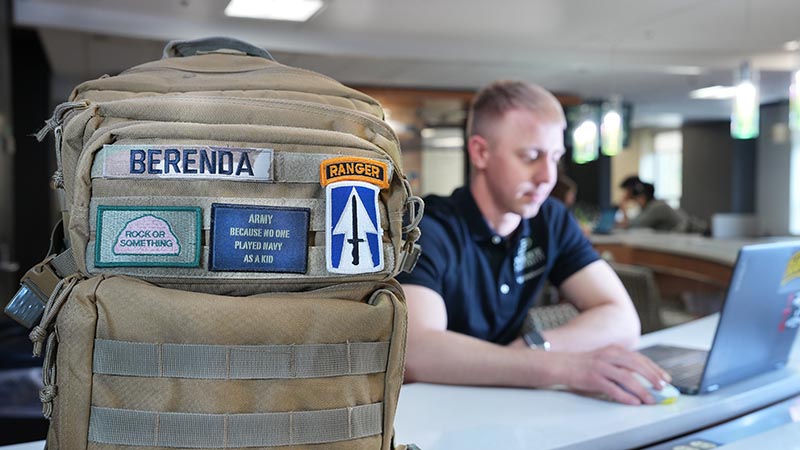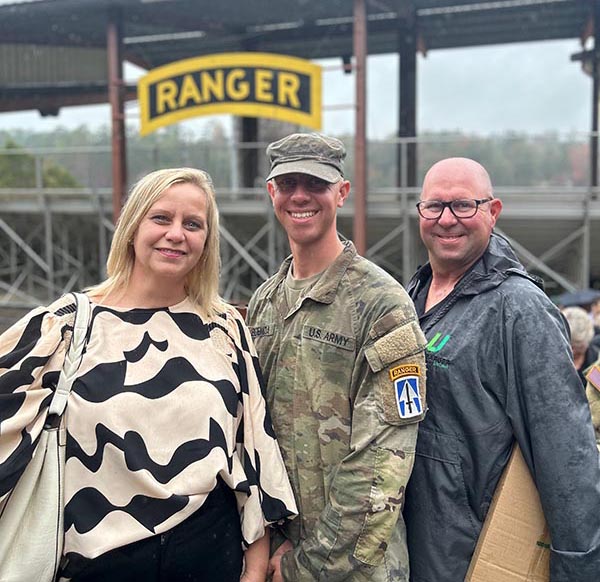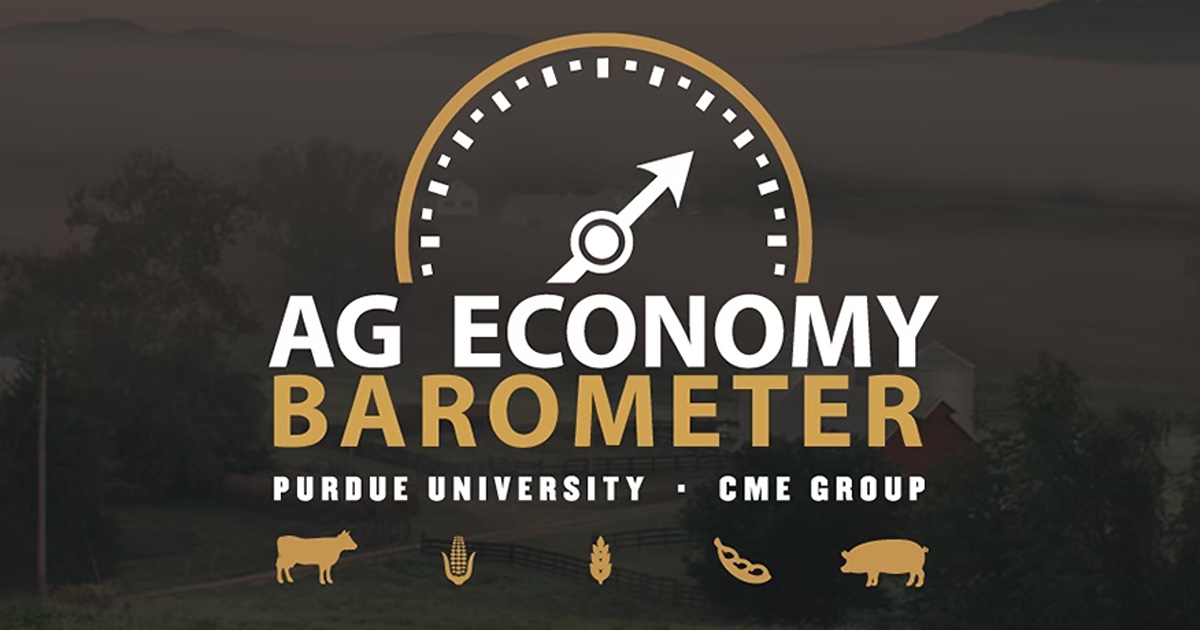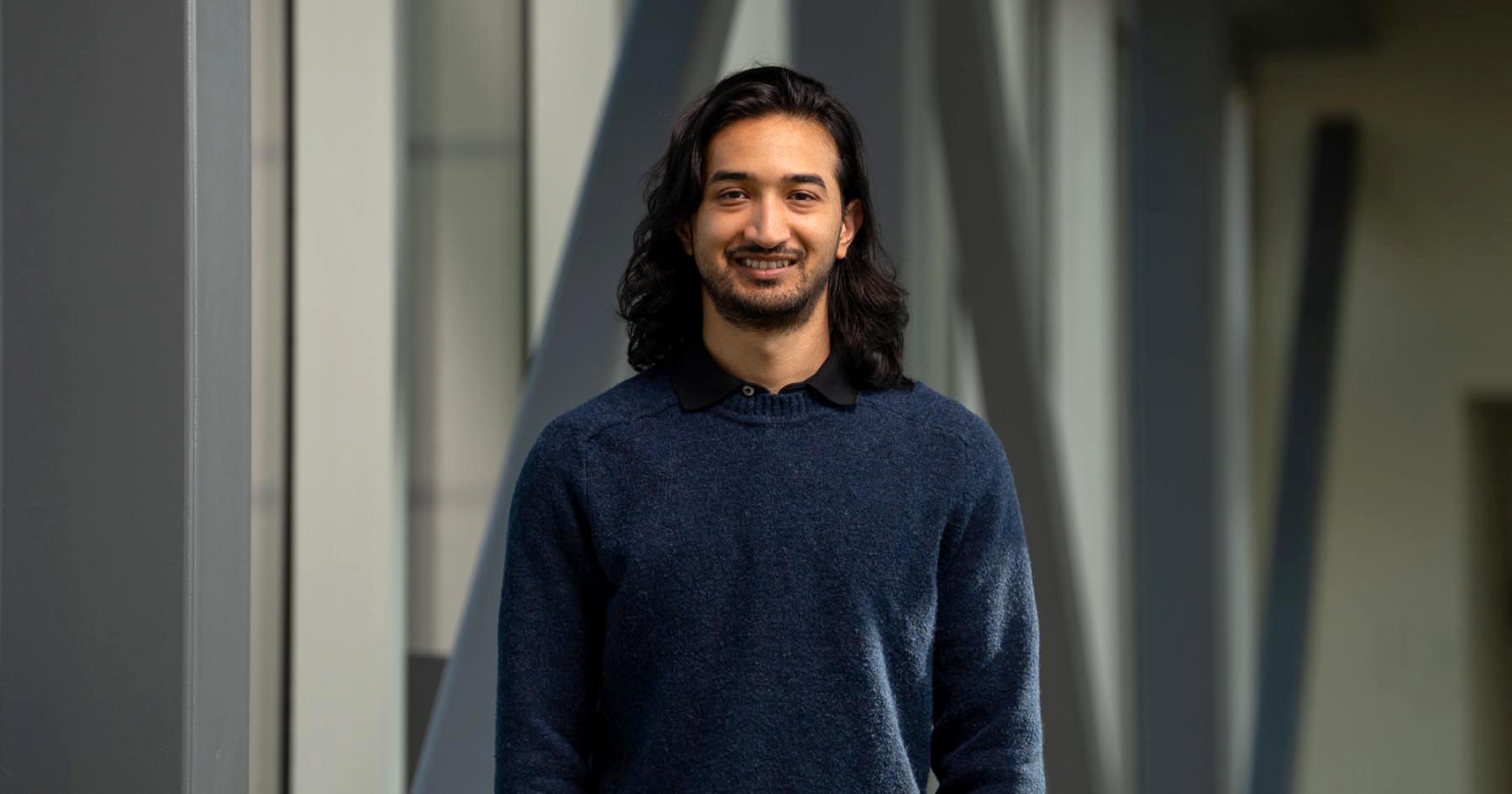Austin Berenda - Graduate Ag Research Spotlight
My goal is to resume full time military service; that’s what I love doing. This degree is prepping me for that future: They want higher-level officers to have advanced degrees.
- Austin Berenda, MS student, Department of Agricultural Economics
The student
When Second Lieutenant Austin Berenda was in Ranger School, he led his platoon through tactical training in a Florida swamp, where the rules were constantly changed to test his leadership and adaptation skills. “What I learned there is that you have to analyze the situation and move on,” he says. “In grad school and through my research, there are times I think things can’t be done. I can either freak out or I can buckle down.” Berenda buckles down. His perseverance took root on a family farm in Benton County, Indiana. As a Lilly Endowment Scholar in high school, he set his sights on Purdue, but not before completing an associate’s degree through accelerated coursework and dual enrollment at other institutions and serving as FFA state treasurer for a year. “I wanted to study agricultural economics because I love the business side of things, but I wanted to know more ‘why’ things were happening,” he says. He also intended to join the military, influenced by members of his extended family who served and his parents instilling in him “the belief that you make sacrifices to help other people.” He earned his BS in agricultural economics in five semesters at Purdue before enlisting in the Indiana National Guard, beginning his master’s studies after initial entry training. He had completed one semester of his master’s degree in fall 2022 when the National Guard sent him to Fort Moore in Georgia for Infantry Officer School from February to July 2023, and Ranger School from August to November 2023. He returned to Indiana to resume his studies at Purdue in January 2024.
The research
Berenda’s research builds on his undergraduate concentration in quantitative analysis. Using data filtered from tens of millions of social media posts, Berenda analyzes public sentiment regarding the economic consequences of American involvement in the Ukrainian War and trade disruption in the Red Sea. “We are looking from behind the theoretical glass at millions of interactions simultaneously,” he explains. His goal is to narrow the data down to reflect opinions on specific subtopics and to spot trends.
Opportunities
Berenda’s primary advisor, Nicole Widmar, professor of agricultural economics, helps find the right datasets and ask the right questions, he says. “Dr. Widmar has faith in you. and that makes you feel trusted to accomplish your goal.” Co-advisor Valerie Kilders, assistant professor of agricultural economics, helps with analytics. “When I come out of meeting with Dr. Kilders, I’ve already got a minimum of three things in my head that I want to go look into; she always finds a new angle,” he adds. Berenda was a teaching assistant as an undergraduate and received a Butz Fellowship to pursue graduate study.
Future plans
Berenda says he is working “hard and fast” to complete his master’s degree in December before returning to military service. His goal is to serve full time with the National Guard or to work in economic and financial analysis with a federal agency. Either way, he expects to put his advanced degree to work. Away from the computer, Berenda enjoys working out, watching college football and basketball, spending time outdoors and reading books about military leadership.






